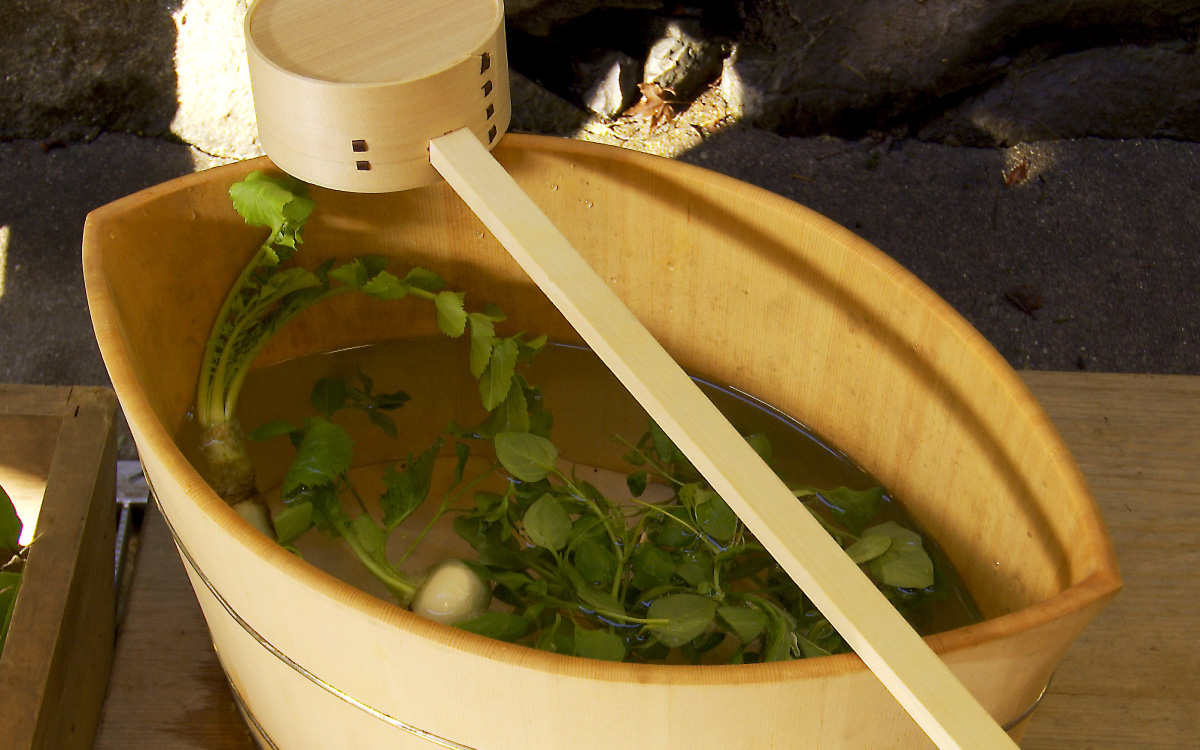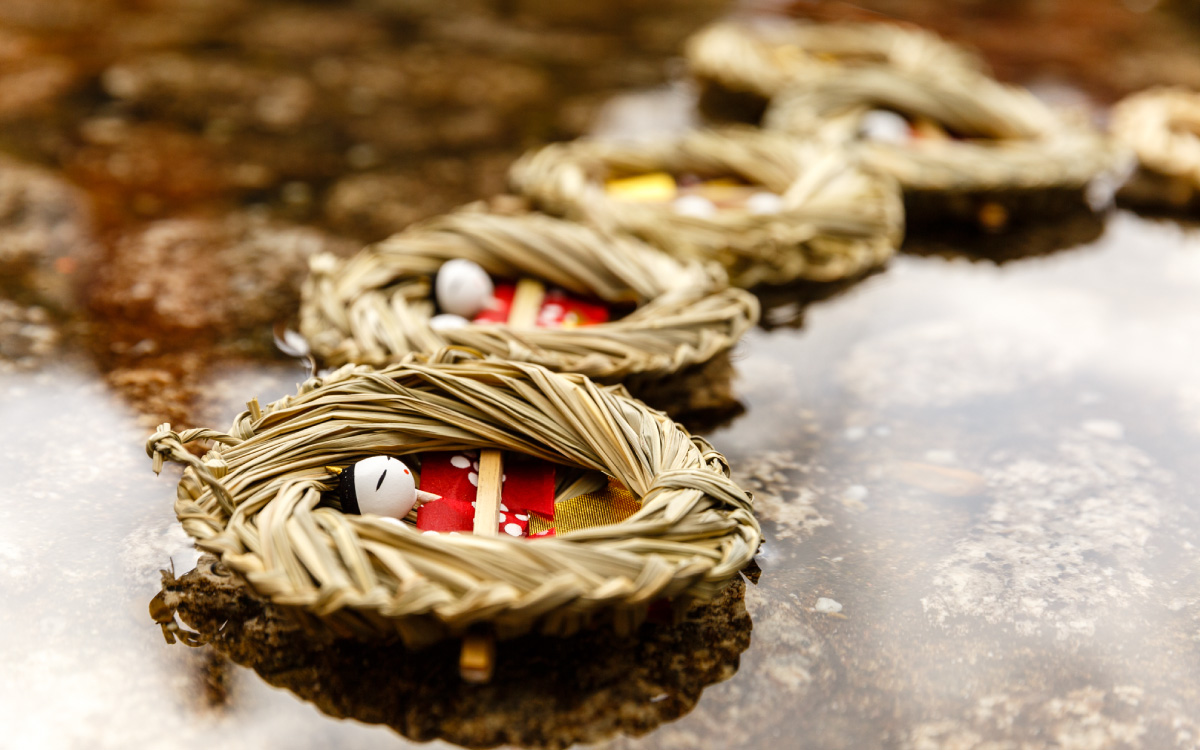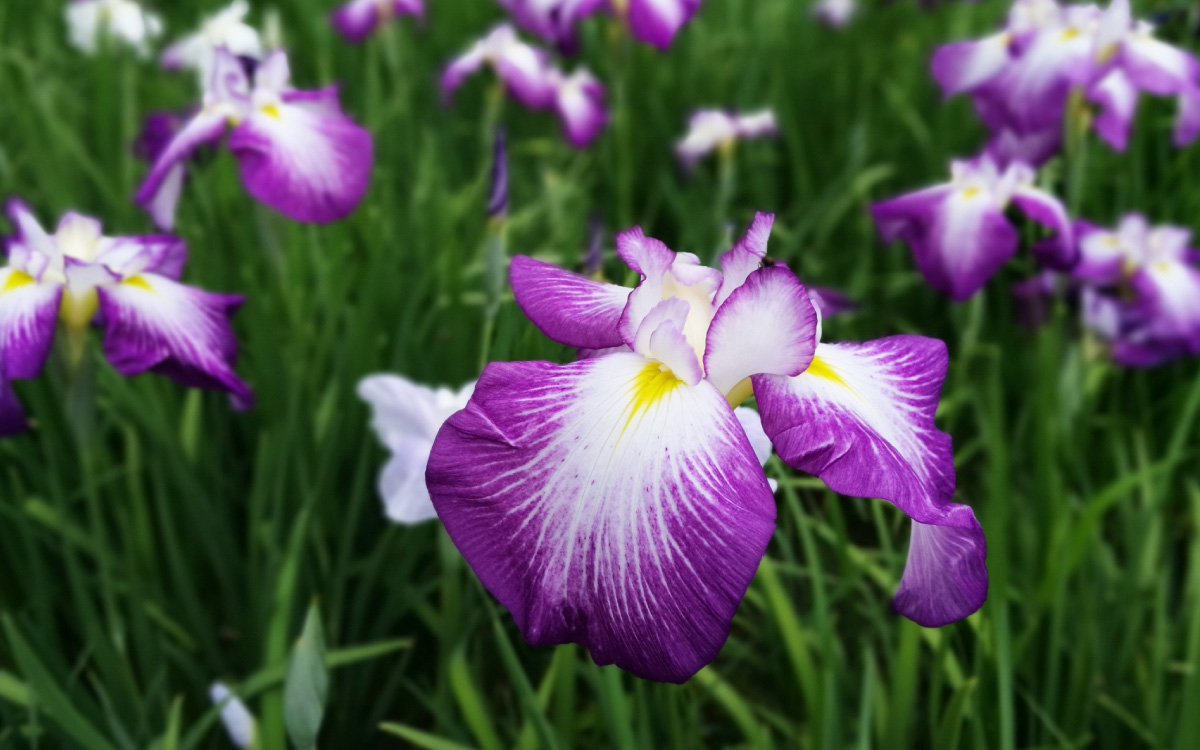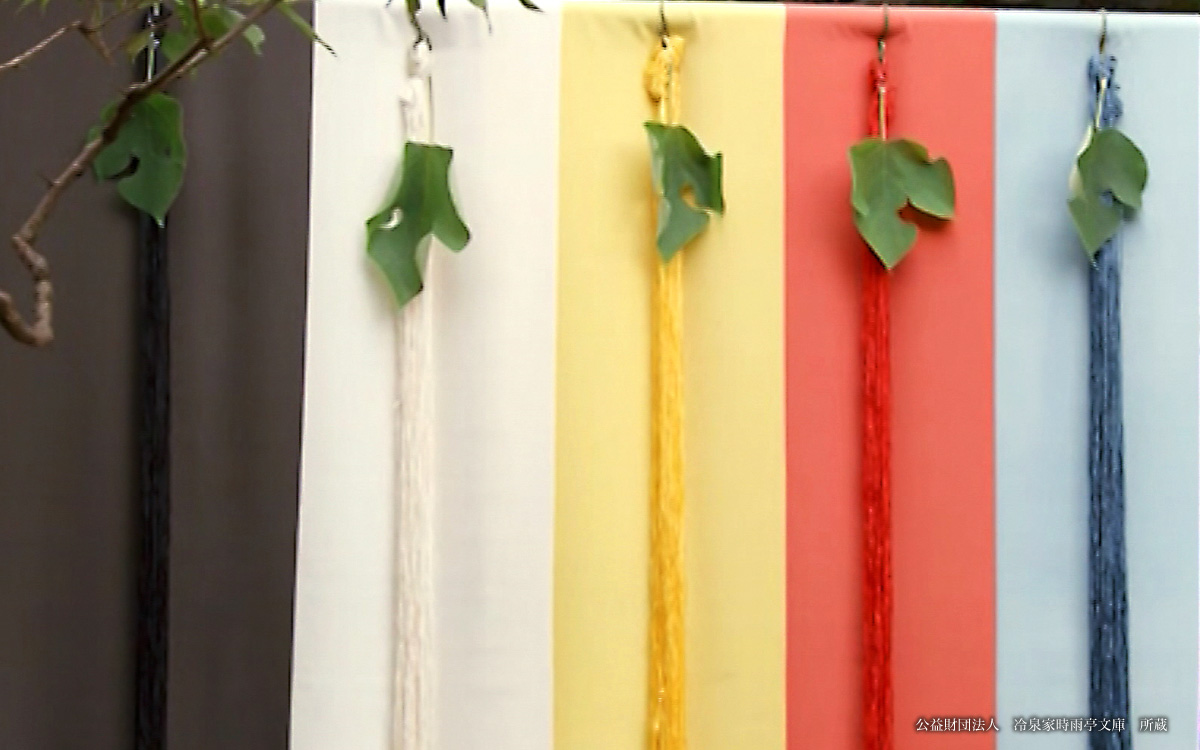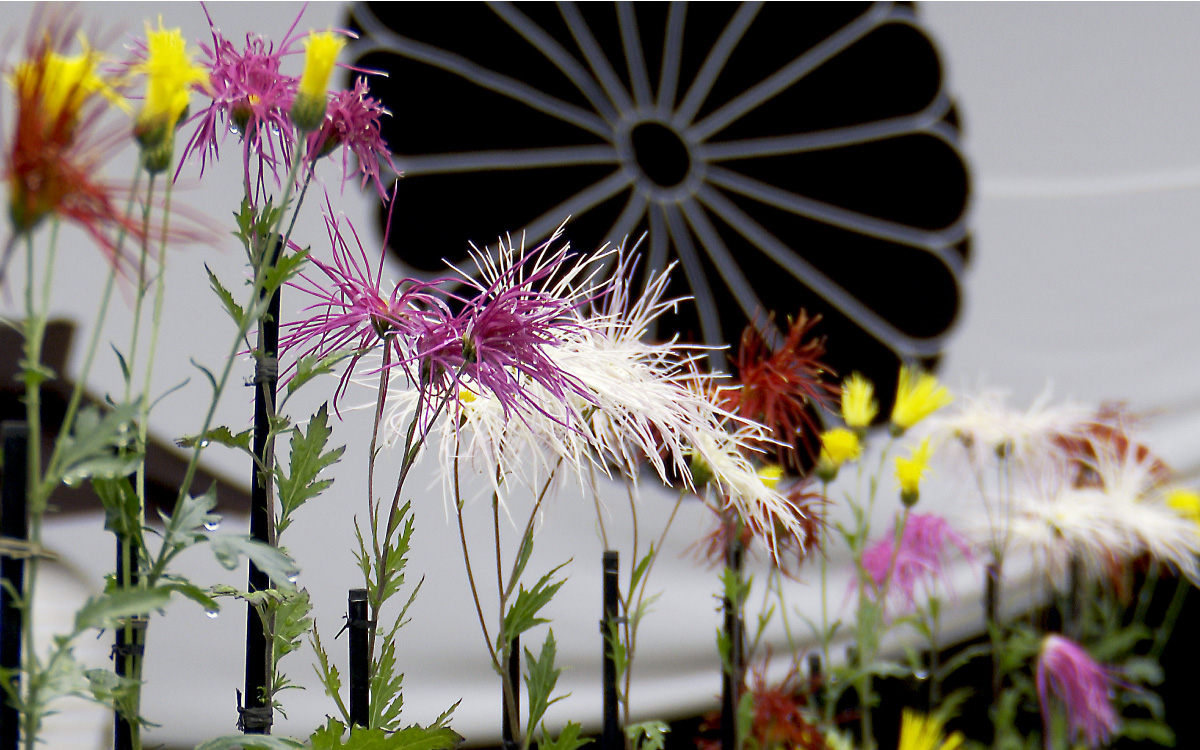What is Gosekku?
Sekku literally means “seasonal festival day.” The concept originates from Chinese yin and yang philosophies that deemed a combination of odd number dates to be unlucky.
In China, events were held on these days to counteract the negative vibes and ward off calamity.
These festivals came to Japan in the Nara period (710-794). As time passed, Japanese people, who favor odd numbers, began to hold “Go-sekku =Five Seasonal Festivals ” as celebratory events.
From the Edo period (1603-1868), the shogunate designated Shōgatsu, or New Year’s Day (1 January), as a special day, and the following Gosekku officially became national holidays in the Japanese imperial calendar.
In the Meiji period (1868-1912), Japan adopted the solar calendar and abolished the Gosekku holidays. However, as with Shōgatsu (1 January), various customs related to Gosekku are still treasured and continued across Japan today as annual events to celebrate turning points throughout the year.
About Gosekku-Cultura Academia
(Specified Non-Profit Organization)
Based on the shared philosophy of, over time, passing on and developing annual events that are an integral part of Japanese life and cultureーparticularly Gosekku, the backbone of this cultureーfrom a new perspective for the next generation, a group of women came together in support of the succession of the lifestyles and culture of Kyoto and Japan as a whole and the revitalization of the wide range of industries that support these lifestyles and culture, and after preparing for three years, established Gosekku-Cultura Academia as a non-profit organization.
In agreement with the significance of the United Nations’ Sustainable Development Goals (SDGs), our organization aims to contribute to maintaining a sustainable environment for Gosekku culture.
Specifically, based on the three core areas of “education and research,” “planning and development,” and “information distribution,” we will continue to develop activities in connection with annual events and Gosekku, which are important regional resources for various parts of Japan.
We would like to ask all those interested in the beautiful lifestyles and culture of Kyoto and Japan for your support and cooperation as our organization pursues these activities.

